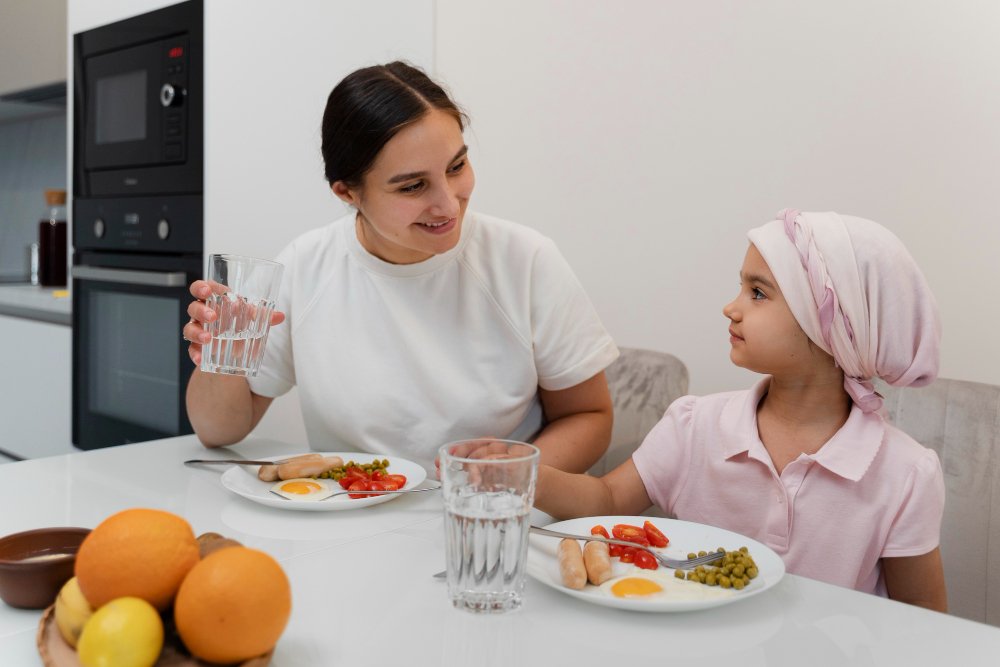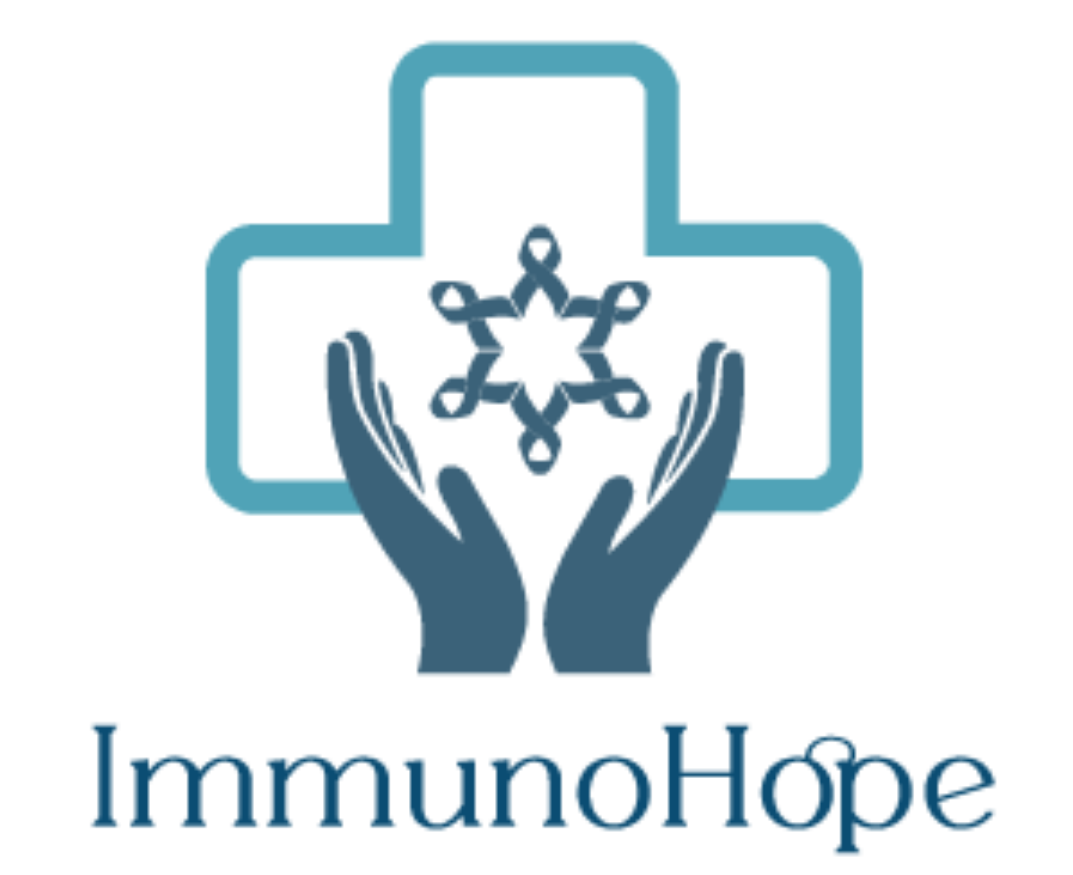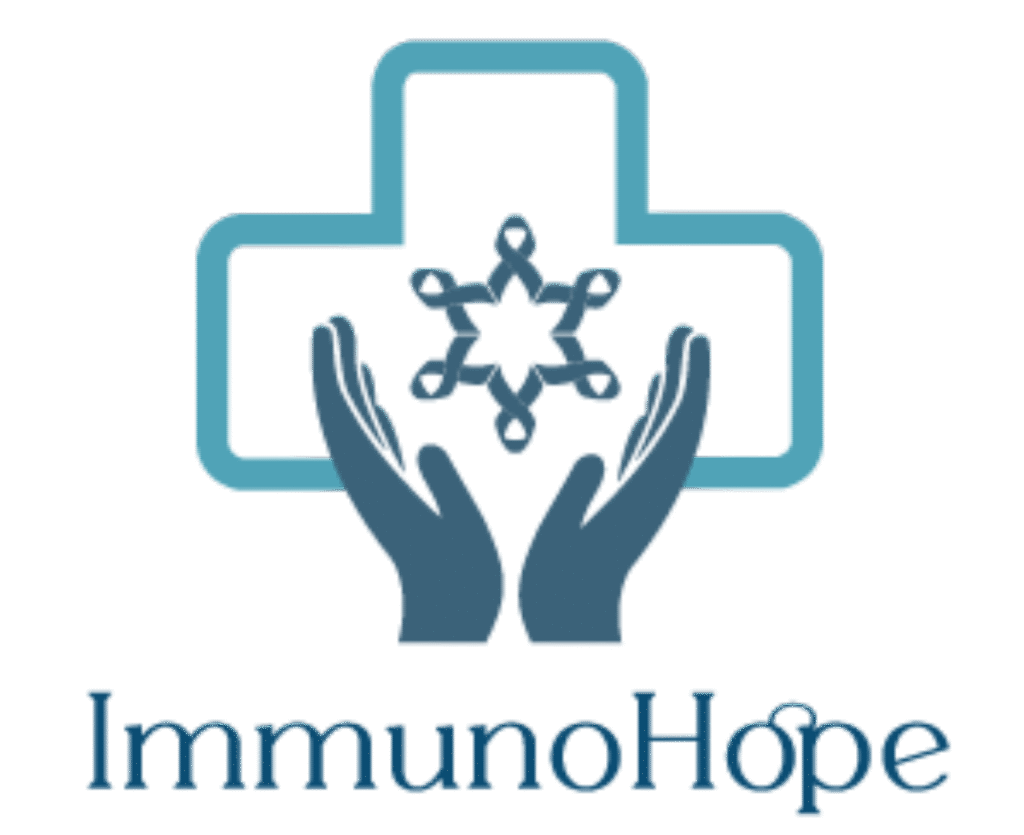When a person starts immunotherapy for cancer, most people think only about the medicines and the hospital visits. But there is something else that is also very important. That is food. What you eat at this time can change how much strength you have, how fast you heal, and how well your body accepts the treatment. Food is not only for filling the stomach. It is like fuel. This fuel gives your body power to fight, to recover, and to stay strong during this hard journey.
Dr Vikesh Shah always tells patients that eating during cancer treatment does not mean spending money on costly food or following strict diets. It means eating simple, safe, and balanced meals. Good food supports your body and wrong food can make you weak. Let us now understand in clear words what foods are helpful and what foods are not good during immunotherapy.

Why Food is Important in Immunotherapy
Immunotherapy makes your immune system stronger so it can fight cancer better. The immune system is made of very small living cells. These cells also need food just like the rest of the body. The right food can reduce swelling, give steady energy, and make side effects lighter. If you eat the wrong food, you may feel weak, tired, and may get infections easily. Food does not replace medicine. But it works with medicine. You can think of food as a helper that makes treatment easier.
Foods That Help During Immunotherapy
Fresh fruits and vegetables
Fruits and vegetables give vitamins, minerals, and something called antioxidants that protect your body. They also give fiber that helps your stomach and digestion. Try to eat many colors daily. Spinach, carrot, papaya, apple, tomato, and berries are good. Each color gives a different benefit. Green leafy foods give iron and folate. Orange foods give vitamin A.
Proteins
Your body needs protein to repair and to make new immune cells. If you do not eat enough protein, you will feel weak and recovery will be slow. Good protein comes from eggs, chicken, fish, beans, lentils, and tofu. If you do not eat meat, you can take milk, curd, pulses, nuts, and seeds.
Whole grains
Brown rice, oats, quinoa, and whole wheat bread give steady energy. They are better than white bread or sugary snacks because they do not make blood sugar rise too fast.
Healthy fats
Not all fats are bad. Some fats are very good. Healthy fats come from nuts, seeds, olive oil, and avocado. Omega 3 fats from walnuts and fish like salmon help to reduce swelling.
Water and fluids
Water is very important during treatment. It helps kidneys remove waste, helps digestion, and reduces tiredness. Plain water, coconut water, and clear soups are better than soft drinks or sweet juices.
Foods to Avoid During Immunotherapy
Junk and processed food – Chips, fried food, instant noodles, and ready meals may taste good but they give no strength. They have bad fat and too much salt. They can cause swelling and make you feel heavy.
Too much sugar- Sugar makes the immune system weak. Cakes, sweets, soft drinks, and packed juices have hidden sugar. Instead, eat fruits or a little honey if you want something sweet.
Red and processed meat – Bacon, sausages, and other processed meats are heavy and hard to digest. Red meat also puts extra load on the body. It is better to eat chicken, fish, or pulses for protein.
Alcohol – Alcohol makes it hard for the body to absorb nutrients. It makes side effects worse and weakens the immune system. It is best to stop alcohol during treatment.
Raw and unsafe food – Raw milk, raw seafood, or half-cooked meat may have harmful germs. During treatment, your immune system is weak, so these germs can easily cause infection. Always eat food that is cooked properly.
Common Side Effects and How Food Can Help
During immunotherapy, some people feel tired, some have nausea, some lose appetite, and some have loose motions. The right food can reduce these problems. If you feel tired, eat foods rich in iron such as spinach, beans, and lean meat.
If you feel like vomiting, eat light foods such as banana, plain rice, or crackers. If you have loose motions, eat soft foods like boiled potato, toast, and banana. Drink plenty of fluids to stay hydrated. If you do not feel hungry, eat small meals many times instead of three big meals.
Balanced Plate
An easy way to plan meals is to look at your plate. Half the plate should have fruits and vegetables. One quarter should have protein. One quarter should have whole grains. Add a little healthy fat. This gives a full and balanced meal.
About Supplements
Many patients ask if they should take vitamin or mineral tablets. Food is always the best source. Supplements should only be taken if the doctor advises. Some tablets may reduce the effect of treatment. For example, very high doses of antioxidants can disturb immunotherapy. Always ask your doctor before taking new supplements.
Listen to Your Body
Each patient is different. What suits one person may not suit another. If a food makes you uncomfortable, avoid it even if it is normally called healthy. Keeping a food diary can help you and your doctor see what is best for you.
Eating and Emotions
Cancer treatment is stressful. Many patients lose interest in food. But food can also bring comfort. Eating with family, enjoying home cooked meals, and choosing foods you like can help your mood and health at the same time.
Final Thoughts
Immunotherapy is not only about medicines. It is also about caring for the body in simple ways. Food is one of the strongest supports. Eating fruits, vegetables, proteins, and whole grains gives strength. Avoiding junk food, sugar, alcohol, and unsafe foods protects your body. Right choices make the immune system stronger and the treatment journey easier.Dr Vikesh Shah always says there is no one diet that is perfect for all patients. But simple smart choices can make the path smoother. If you or your loved one is on treatment, remember that even small changes in food and lifestyle bring comfort and strength. If you need guidance or care during your treatment, contact us. We will be happy to help you.

